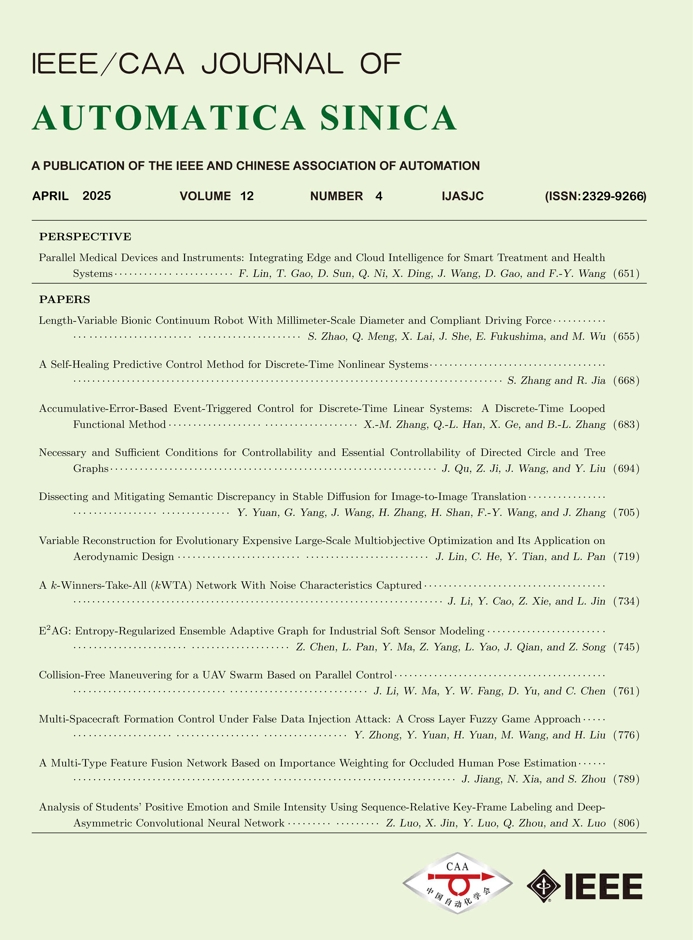Vol. 1, No. 4, 2014
column
Display Method:
2014, 1(4): 337-346.
Abstract:
2014, 1(4): 347-360.
Abstract:
2014, 1(4): 361-371.
Abstract:
2014, 1(4): 372-384.
Abstract:
2014, 1(4): 385-396.
Abstract:
2014, 1(4): 397-411.
Abstract:
2014, 1(4): 412-422.
Abstract:
2014, 1(4): 423-434.
Abstract:
2014, 1(4): 435-448.
Abstract:


 E-mail Alert
E-mail Alert


